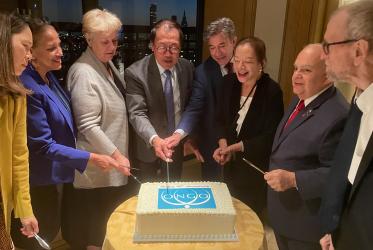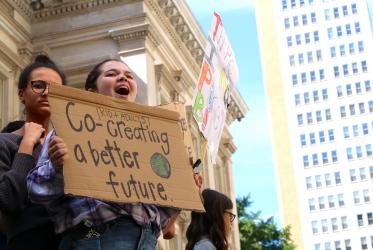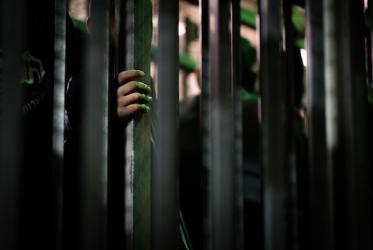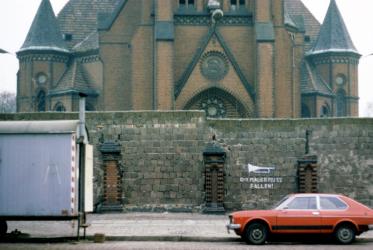Displaying 1 - 20 of 22
WCC joins global climate strike with throngs of young people
21 September 2019
Plans for 2017 decided by WCC Executive Committee
01 December 2016
Faith groups march for climate justice
15 November 2016
The Berlin Wall: looking back, looking forward
07 November 2014










